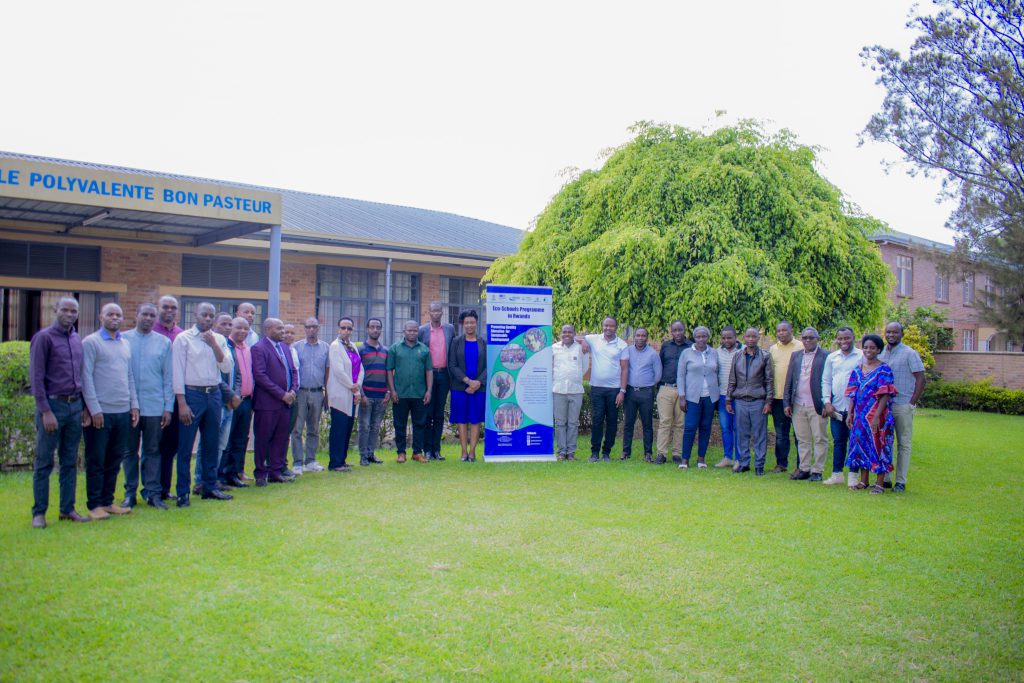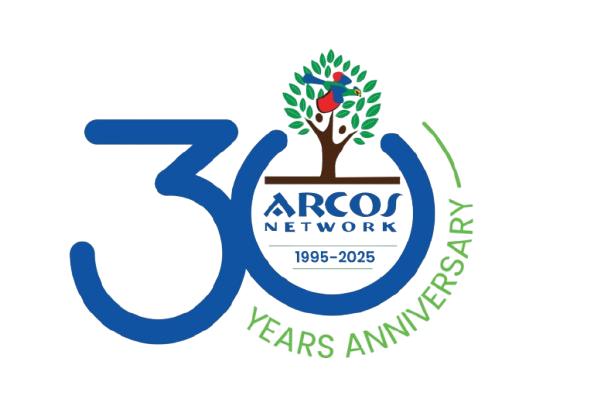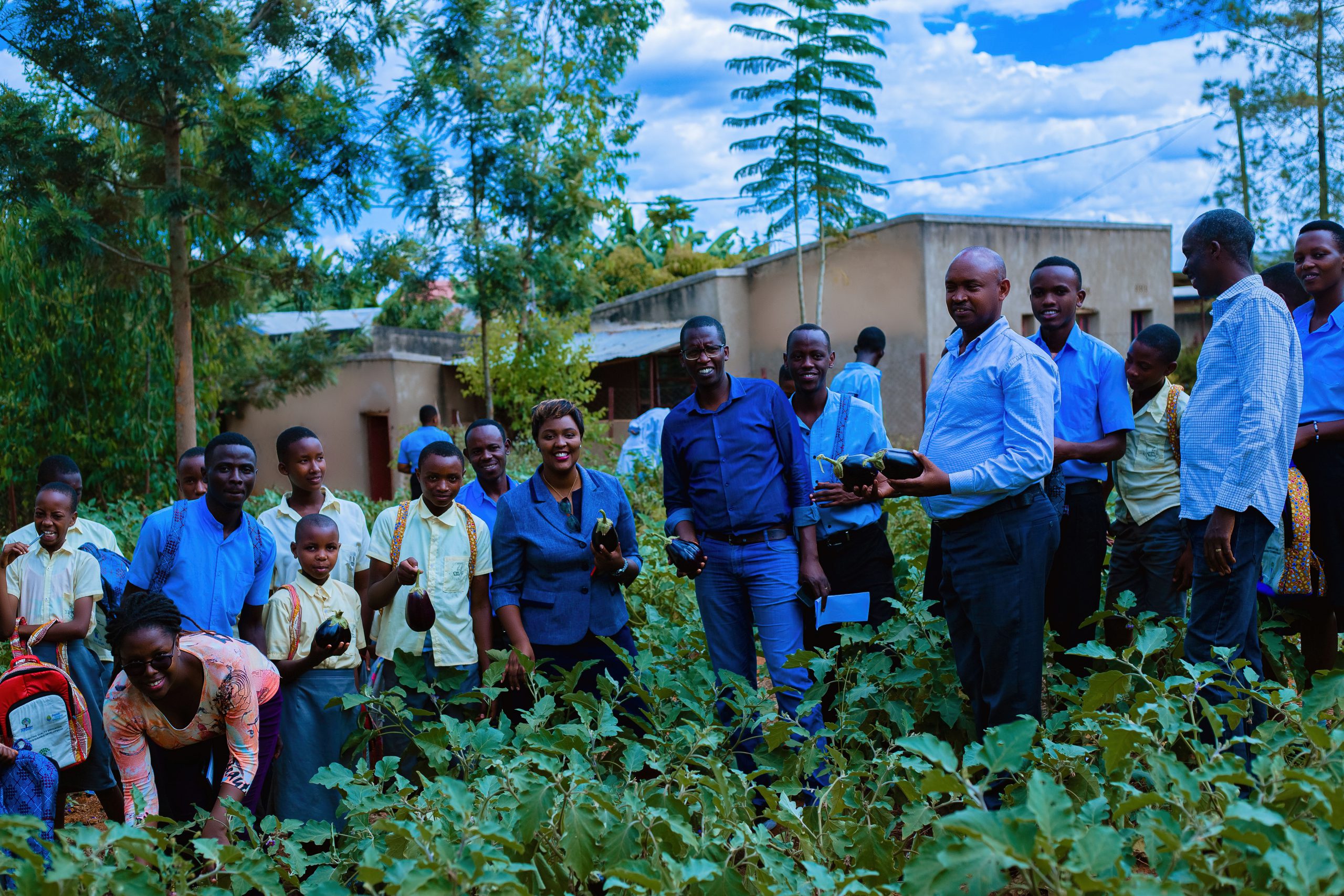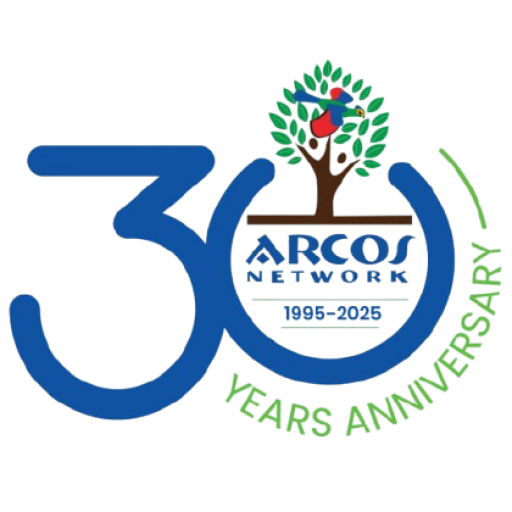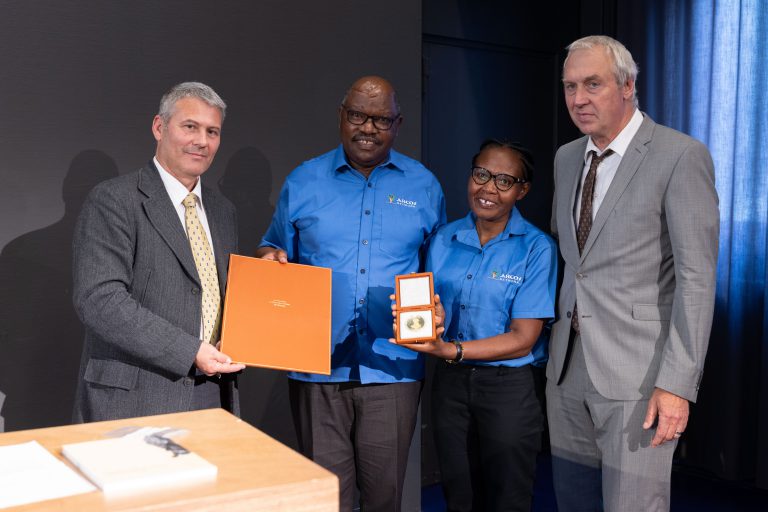Since 2020, the Eco-Schools Programme in Rwanda, spearheaded by the Albertine Rift Conservation Society (ARCOS) in partnership with various stakeholders, has emerged as a beacon of sustainable education and environmental stewardship. Over the course of the four years (phase one), this initiative, supported by the Civil Society Development Fund (CISU) through the Danish Outdoor Council (DOC), has left an indelible mark in 40 primary and secondary schools in Rwanda.
The programme’s overarching goal is to nurture active citizenship through Education for Sustainable Development, incorporating environmental education, action-based learning, and student-centered teaching methodologies into the Rwandan curriculum. Over the past four years, this endeavor has borne fruits, bringing about remarkable achievements.
With a presence in four districts, 40 schools registered for the Eco-Schools Programme between 2020 and 2023. A remarkable total of 1602 teachers and 48,869 students received training on various approaches of the Eco-Schools Programme, including the IVAC approach (Investigation-Vision-Action-Change), the Eco-Schools 7 steps, and climate change adaptation and mitigation measures. Additionally, the programme engaged 31,001 parents and community members through the ARCOS’ BEST (Building leadership and sustainable institutions, Enhancing environmental resilience, Sustainable business solutions, Transforming and Inspiring others) Approach, reinforcing the symbiotic relationship between schools and their surrounding communities.
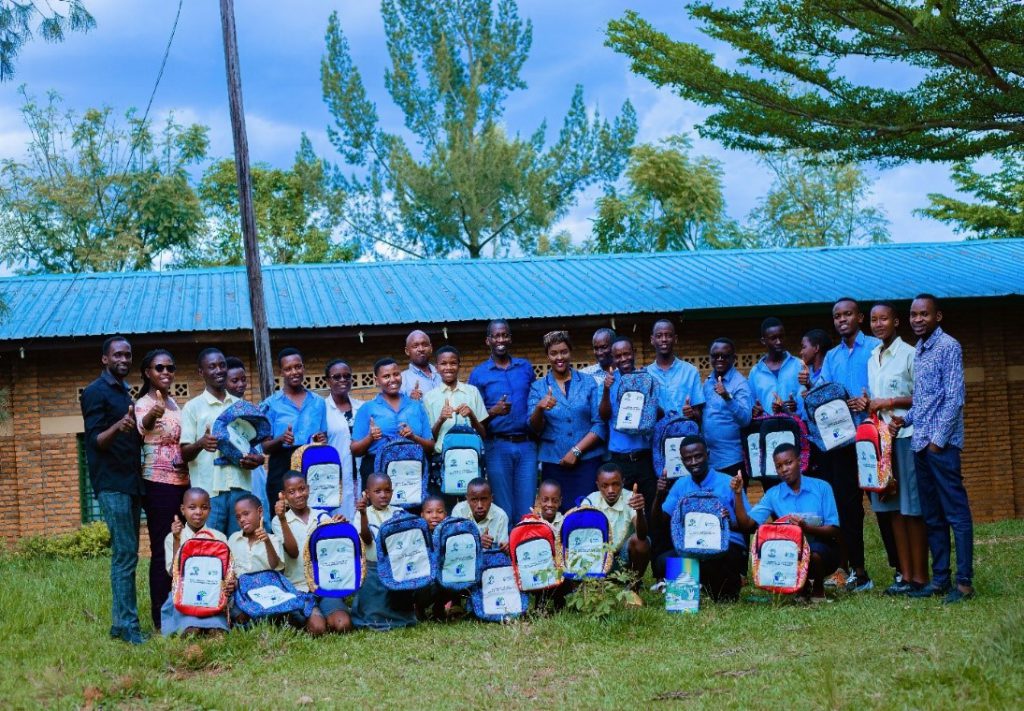
Key achievements of the Eco-Schools Programme include:
- Environmental Awareness and Assessment: The programme conducted comprehensive environmental reviews and climate change vulnerability assessments, shedding light on critical issues and gauging students’ eco-consciousness.
- Green Learning Zones: “Green Learning Zones” were established in each school, fostering eco-friendly practices through features such as tree nurseries, green food gardens, composting facilities, and livestock management.
- Climate Resilience and Restoration: Innovative “Climate Change Adaptation Action Zones” were created, targeting the restoration of degraded areas affected by erosion and landslides, as well as the introduction of climate-resistant seeds.
- Gender Equity and Education: The programme addressed gender-based violence and barriers affecting girls’ education, training 120 individuals including students, teachers, parents, and community members.
- Engagement and Awareness: Eco-Schools initiated debates involving 900 students from 25 schools, sparking discussions on pressing environmental issues such as ecosystem restoration and mountain and forest protection.
- Resourceful Manual: A collaborative effort led to the crafting of the Rwanda Eco-Schools Training Manual, an invaluable resource that promotes sustainability in schools. The manual was validated in August 2023 and to be launched in the same year.
- Expanding Horizons: ARCOS introduced two new programs, Young Reporters for Environment (YRE) and Learning About Forest (LEAF), broadening their scope to amplify environmental awareness and education. It is important noting that, ARCOS was also entrusted to managed the phase out of the Eco-Schools Programme in Uganda.
In conclusion, the Eco-Schools Programme’s journey from 2020 to 2023 symbolizes a transformative endeavor that goes beyond education. It embodies a commitment to fostering a generation of informed, responsible citizens who are not just in tune with nature, but who actively work to preserve it. This programme stands as a testament to the power of collaborative efforts in creating lasting change for a sustainable future.
